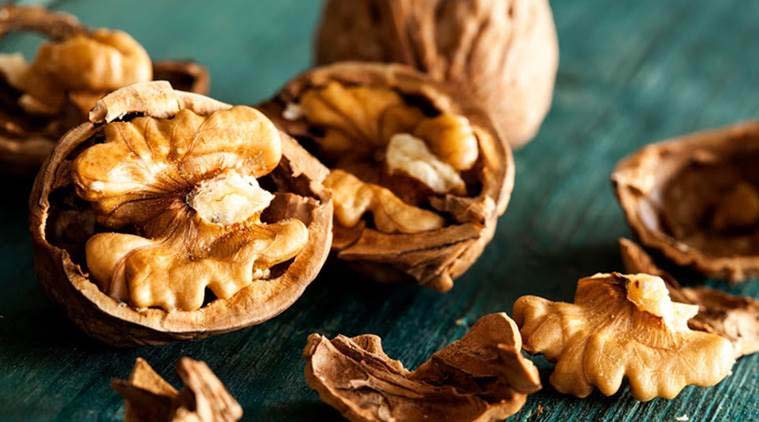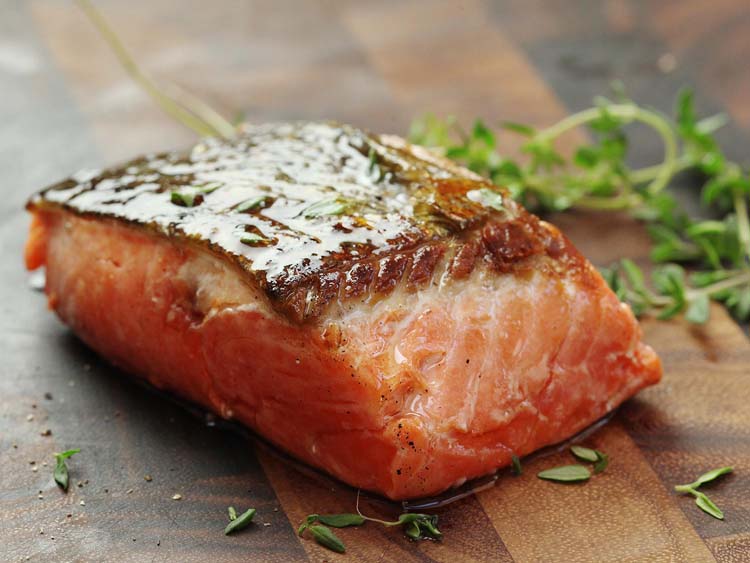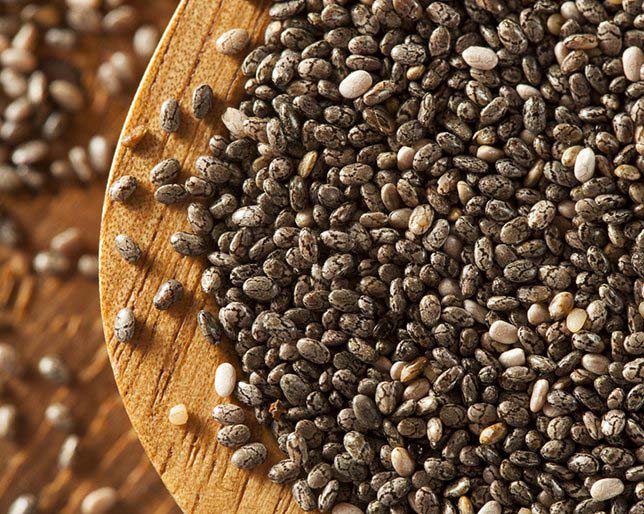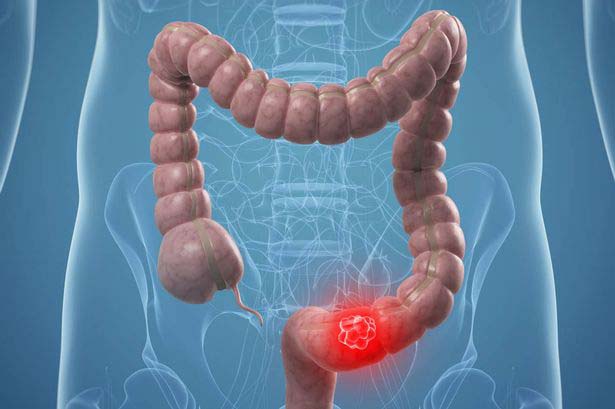 English
English

According to a study conducted by a team of scientists, when these omega-3 fatty acids are broken down after eating, they release cancer-fighting molecules that directly attack the cancerous cells.

Washington D.C: Consuming salmon, walnuts and chia seeds can boost the chances of surviving bowel cancer by preventing the spread of deadly tumours across the body.
According to a study conducted by a team of scientists, when these omega-3 fatty acids are broken down after eating, they release cancer-fighting molecules that directly attack the cancerous cells.
Also Read: 44% women assist husbands with skin cancer self-exams
Aberdeen University in Scotland claims to be the first to suggest a link between such foods and bowel cancer survival.

They measured the amount of enzymes made when omega-3 and omega-6 fatty acids - found in chicken, eggs and nuts, were crunched down in 650 bowel cancer patients.
Also Read: Women beware! 7 or more alcoholic drinks a week ups risk of cancer
This was then compared to their survival chances.

The results showed that those who had the highest levels of the cancer-fighting enzymes had the greatest chances of beating the disease.
Also Read: Preparing Italian style coffee may cut prostate cancer risk
Their tumours were found to have spread less, of which the opposite makes death more likely, indicating a greater chance of survival.

Lead study author Professor Graeme Murray said that prior to this study, they were unaware about the relationship existed between these enzymes and survival in bowel cancer.
Also Read: Daily intake of strawberries could cut breast cancer risk
It is believed that bowel cancer is the fourth most common form of the disease that kills a quarter of patients within a year.
The research appeared in the British Journal of Cancer.(ANI)